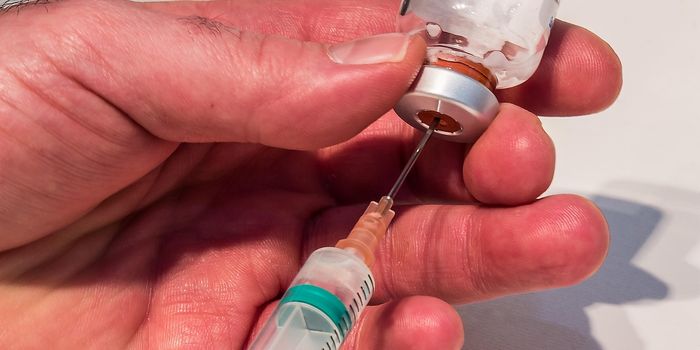Inspiring Hope during Childhood Cancer Awareness Month
Childhood cancers, also known as pediatric cancers, are diagnosed in patients up to 14 years old. Estimates for 2021 predict that over 10,000 children will be diagnosed with cancer in the United States, and almost 1,200 will die of cancer.
President Biden recently declared September 2021 as “National Childhood Cancer Awareness Month,” signaling the importance of recognizing these diseases, the patients fighting them, and the doctors and researchers working towards a cure. The Presidential Proclamation encourages citizens, businesses, and the media to “increase awareness of what Americans can do to support the fight against childhood cancer.”
While malignancies can occur in various sites, the most common childhood cancer is leukemia, accounting for nearly 30% of diagnoses. The second most common diagnosis is of brain and spinal cord tumors, making up 26% of childhood cancers.
Sadly, childhood cancer still ranks as the second leading cause of death in children aged 0 – 14 in the United States. Only accidental deaths take the lives of more children. Although childhood cancer incidence has risen slightly over the past five decades, mortality has declined by 68%.
The falling childhood cancer death rate is likely due, in part, to novel therapeutic approaches developed through innovative clinical trials.
One such approach is chimeric antigen receptor (CAR) T cell therapy, a type of immunotherapy currently used to treat childhood leukemia. CAR T cell therapy utilizes a patient’s own T cells, isolated from the blood. Genetic engineering of the T cells generates special receptors allowing the T cells to recognize a specific antigen on tumor cells.
Based on the results of clinical trials demonstrating complete responses and long-term recurrence-free survival following CD19-targeted CAR T cells, the FDA approved tisagenlecleucel (Kymriah) for childhood cancer patients in 2017.
Targeted therapies identify specific molecules commonly expressed on tumor cells. As these molecules are associated with tumor growth and survival, attacking them results in tumor cell death. Successful clinical trials demonstrated that targeting a molecule called GD2 controlled tumor growth and extended survival. Based on these data, the FDA approved dinutuximab (Unituxin) for pediatric neuroblastoma patients in 2015.
These recently developed therapeutics highlight discoveries made from productive collaborations between clinicians and researchers. Further, these discoveries benefited from diverse funding sources, including federal taxpayers, philanthropic organizations, and pharmaceutical companies. These breakthroughs provide hope to children diagnosed with cancer and their families and encourage ongoing research to develop more impactful treatments.
The favorable statistics and medical advances seen in the childhood cancer arena over the past fifty years can instill hope for the future. This inspiration generated from this progress directly falls in line with President Biden’s goal of building a future where cancer does not threaten the lives of America’s children.
Sources: Childhood cancers, Estimates, Biden, various, second, chimeric antigen receptor (CAR) T cell therapy, CD19-targeted, tisagenlecleucel (Kymriah), 2017, Targeted therapies, GD, dinutuximab (Unituxin), 2015










